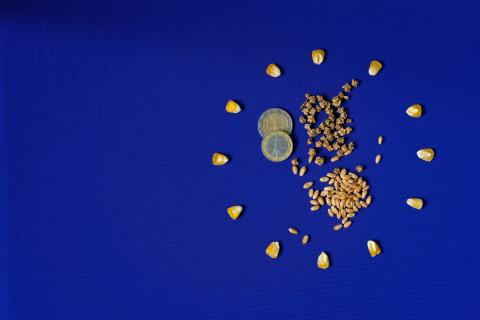European Economic
and Social Committee
EESC issues an early warning on the impact of EU enlargement on agriculture
The EESC has issued an early warning regarding the agricultural impacts of the EU's forthcoming enlargement. This expansion is set against a backdrop of significant global challenges, including geopolitical shifts, climate change, and transitions in energy and environmental policies. The EESC stresses the importance of thorough preparation and adherence to EU values as new members join.
At its July plenary session, the EESC adopted an opinion emphasising the complexities of the enlargement process, highlighting the need for preparedness, sustainability, and balanced support for both current and candidate member states' agricultural sectors. This enlargement aims to enhance the EU's strategic autonomy and reduce the environmental impact of agriculture. However, enlargements have yielded mixed outcomes in the past, often benefiting larger agricultural enterprises over smaller, rural farms.
This has been pointed out by the rapporteur for the opinion, Stoyan Tchoukanov, who noted that while past enlargements were generally successful, they did not benefit rural areas and small-scale farmers alike. He stressed the need to manage the agricultural system carefully to avoid disruptions.
To address potential misinformation and ensure smooth integration, the EESC advocates comprehensive data collection and monitoring of agricultural reforms. Candidate countries will need to adapt to the evolving common agricultural policy (CAP), which now emphasises ecosystem services over traditional supports. The enlargement is expected to increase the EU’s agricultural area significantly, especially with Ukraine's accession, which alone would expand it by a quarter.
The EESC recommends a gradual integration approach, with dedicated budgets to support the most impacted agricultural subsectors, particularly SMEs. Future CAP reforms should focus on sustainability, replacing hectare-based subsidies with incentives based on environmental and societal benefits.
Overall, the EESC calls for a careful, well-supported enlargement process to ensure that all Member States benefit from it and that EU agricultural practices remain sustainable and equitable amid growing geopolitical tensions. (ks)
